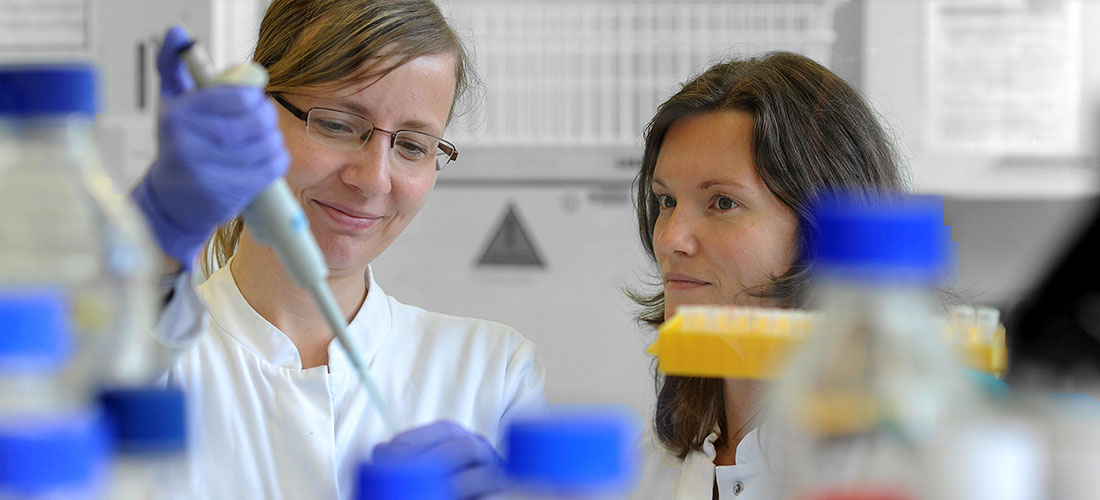B04: Targeting rewired ALK/RAS/MAPK signaling in neuroblastoma
Tumor mutations in RAS/MAPK signaling genes define a group of patients classified as ultrahigh-risk (UHR) and incurable by current high-risk neuroblastoma treatment. CRC1588 partners have previously identified mutations in RAS/MAPK signaling that were enriched at relapse in paired primary-relapse neuroblastoma samples, either by de novo mutations or clonal selection of pre-existing mutations during tumor evolution. The most common mutations activating RAS/MAPK signaling in neuroblastoma are in ALK, making it a bona fide drug target. However, targeted ALK inhibitor treatment in patients induced acquisition of additional RAS/MAPK pathway mutations in neuroblastoma, rendering them resistant to the ALK inhibitor. Acquiring NF1 mutations to confer ALK inhibitor resistance had the interesting effect of making neuroblastomas harboring ALK mutations (and insensitive to MEK inhibitors without NF1 mutations) ultra-sensitive to MEK inhibitors. We hypothesize that (i) resistance mutations can confer new vulnerabilities and (ii) RAS/MAPK signaling undergoes complex rewiring by mutations acquired during neuroblastoma evolution, such that identifying new mutations and complex rewiring can be translated in new predictive diagnostic approaches and combination treatments. Project B04 will apply systems approaches and computational modeling to systematically analyze the impact of different RAS/MAPK pathway mutations on signaling network (re)wiring in neuroblastoma cells during tumor evolution to understand the roles of feedback and rewiring in resistance development (Tasks 1 & 2). Computational models will efficiently select inhibitor combinations to counteract resistance development, which will be functionally validated in existing cell and mouse models (Task 3). Candidate targeted agent combinations will be ranked for evaluation in clinical trials to treat patients with UHR, refractory or relapsed neuroblastoma. As a prerequisite to introduce therapies counteracting secondary mutations into clinical applications, we will develop companion diagnostics based on liquid biopsies (Task 4). Our aim is to implement modeling-based personalized prediction and combination therapy strategies to improve neuroblastoma cure rates in patient subgroups with the most aggressive disease.
PhD positions and place of work: 2
1 wet-lab (PI Johannes Schulte, University Hospital Tübingen (prior Charité))
1 computational with interest in wet-lab work (PI Nils Blüthgen, Charité Berlin)



